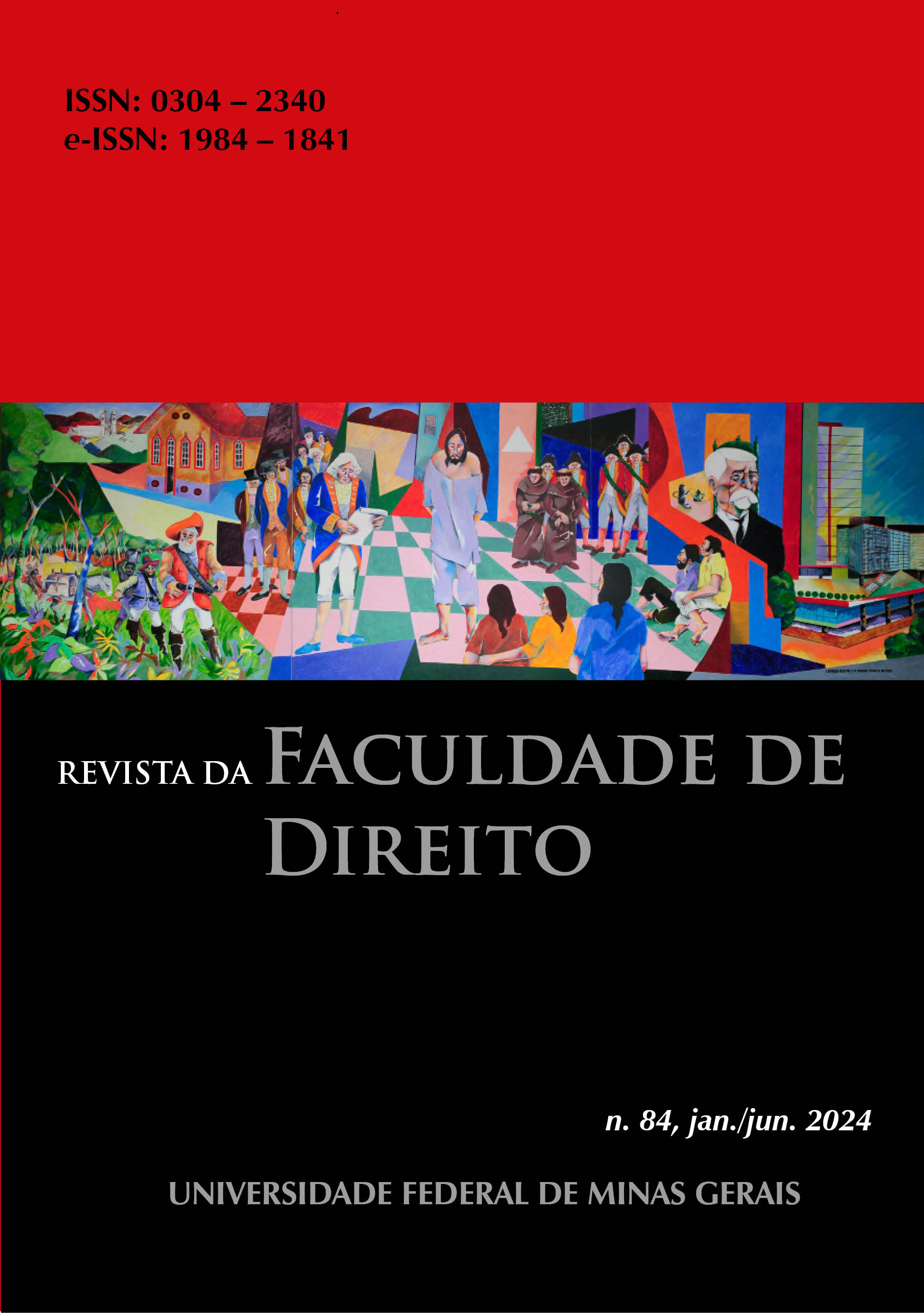FROM PROTECTION OF PROPERTY TO A USELESS DISTINCTION: THE CONCEPTS OF PUBLIC UTILITY AND PUBLIC NECESSITY (UTILIDADE E NECESSIDADE PÚBLICA) IN THE BRAZILIAN LAW OF EXPROPRIATION (1826-1941) - DOI: 10.12818/P.0304-2340.2024v84p45
DOI:
https://doi.org/10.12818/P.0304-2340.2024v84p45Abstract
In 1826, the Brazilian parliament established
two statutory causes for expropriation: public
utility and public necessity. These terms were
borrowed from French law, but gained a
legislative meaning in Brazil that they did
not have in Europe. This article discusses
why the two concepts were created and how
they were appropriated by doctrine and
jurisprudence until they were united in the
concept of public “utility or necessity” present
in the expropriation law of 1941 and in the
1988 Constitution. I use mainly the annals of
parliament to identify the theories that shaped
the legal text of 1826 and the expropriation
law of 1845. Second, I use texts from legal
journals mainly from the early 20th century
to identify to what extent the division between
public utility and necessity was still operative,
especially as it was incorporated in the 1916
civil code. I conclude that the division between
public utility and necessity was proposed in
1826 to allow the state greater power to act
without giving discretion to the executive
branch. In 1845, the rules of expropriation for
public utility were relaxed and the distinction
lost much of its practical meaning. At the
beginning of the 20th century, doctrine still
discussed the distinction, but jurisprudence
focused on the public character or not of the
work. In the end, I discuss the role of history
vis-à-vis dogmatics and how historians can help jurists understand legal texts more
adequately.
KEYWORDS: Expropriation. Public utility.
Public necessity. History and dogmatics.




















